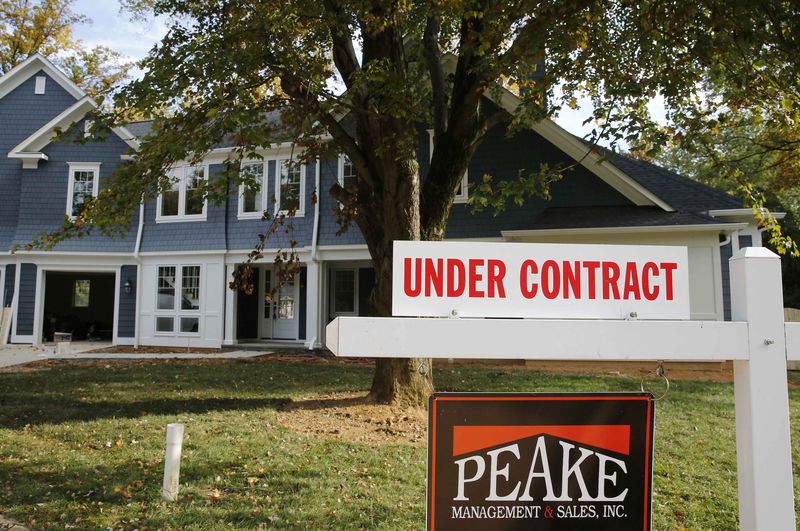(Bloomberg) -- U.S. home prices shows signs of becoming “unhinged from fundamentals” like they did in the housing bubble that preceded the 2008 crash, according to a blog post by the Dallas Federal Reserve bank.
“Our evidence points to abnormal U.S. housing market behavior for the first time since the boom of the early 2000s,” the Dallas Fed researchers wrote, citing data to measure “exuberance” on property markets that they’ve developed with scholars around the world as part of the International Housing Observatory.
The measure suggests that “the U.S. housing market has been showing signs of exuberance for more than five consecutive quarters through third quarter 2021,” they wrote. The surge in home prices has continued since then.
The Dallas Fed researchers’ index is based on economic variables such as disposable income per-capita, housing rents and long-term interest rates. Their main takeaway is that since the beginning of 2020, price-to-rent ratios have soared beyond what those “fundamentals” alone can explain, and moved into the “exuberance” stage.
They also found that the surge in disposable income due to pandemic-related fiscal and monetary stimulus, as well as reduced household consumption because of mobility restrictions, may have lessened its usefulness as a gauge -- suggesting that any bubble may be more advanced than those numbers suggest.
“The price-to-income ratio measure alone may produce overly conservative results when identifying housing market bubbles,” the researchers wrote.
The housing boom may have also been fueled by a fear-of-missing-out wave of exuberance among buyers, and more aggressive speculation by investors, they wrote in the blog post.
But the researchers said that stronger equity positions and household balance sheets suggest that any economic fallout from a home-price correction wouldn’t be on the scale of what the U.S. experienced in the 2007-2009 recession.
©2022 Bloomberg L.P.
